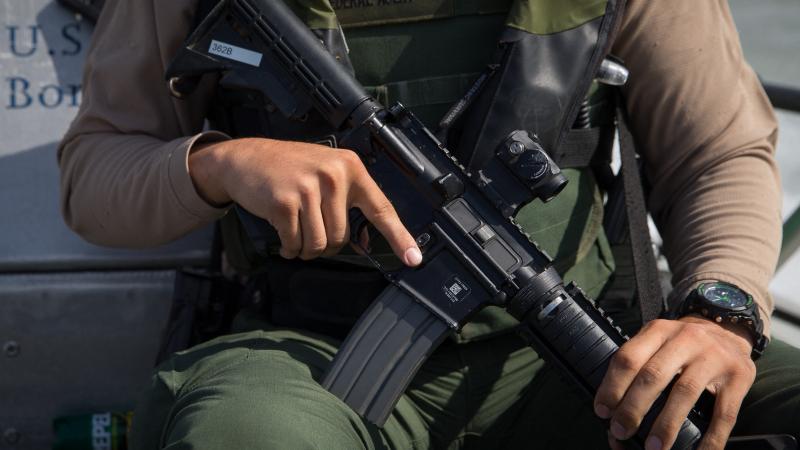New bill looks to expand school choice for Pennsylvania military families
Legislation would create Educational Opportunity Accounts for military families.
Two Pennsylvania state senators are proposing new Educational Opportunity Accounts (EOAs) to expand school choice for military families.
Sens. Doug Mastriano, R-Franklin, and Ryan Aument, R-Lititz, introduced Senate Bill 999 just before the new year to create EOAs for military families. The accounts, funded by a percentage of the state per-pupil education subsidy, would allow military parents to spend the money on tuition for nonpublic schools, higher education, distance learning, tutors, textbooks and curriculum, testing fees and other educational expenses.
The restricted use accounts “will provide military families with maximum flexibility in their ever-changing lives” by expanding educational options to help them best match their kids’ needs, according to a Tuesday announcement.
“As a 30-year Army veteran, I know firsthand how taxing it can be for a military family to deal with the uncertainty of deployments and constant moving,” Mastriano said. “This is especially applicable to military children who have to continually adapt to new learning environments. SB 999 will directly equip parents with the resources to get their children the tailored education that works best for them. It is the least we can do to support the families who have sacrificed so much for our country.”
The senators cite a 2020 poll conducted by EDChoice that showed 73% of Pennsylvanians support EOAs.
Under the legislation, the EOAs would be available for “a child of a parent who is on full-time active-duty status in the armed forces of the United States, including members of the National Guard and reserve on active duty orders … or was killed in the line of duty.”
The bill tasks the Education Department with creating a one-page application, available online, and would prohibit applicants from combining the military EOAs with other existing programs such as the educational improvement tax credit program or opportunity scholarship tax credit program.
The military EOAs would require parents to withdraw eligible students from public school “and receive instruction in this Commonwealth from a participating entity for the school year for which the agreement applies,” according to the bill.
Parents would have to renew the EOA each year. The money deposited into the military EOA “shall be equal to the state revenue received by school districts minus the state revenue received for transportation divided by the state total average daily membership,” SB 999 states.
Students with disabilities can receive up to 7.46 times the base amount, depending on the category of disability.
“For an eligible student receiving a grant, the amount of basic education funding and other subsidies paid by the department to the resident school district shall be reduced by the grant amount calculated for the student,” according to the bill. “If a school district’s basic education funding and other subsidies are reduced under this section, the resident school district shall include the grant recipient in the resident school district’s average daily membership for the purpose of calculating school subsidies.”
The bill also allows students to use funds remaining in the military EOAs after high school graduation for up to two years. Authorized expenses for the accounts would include tuition, tutoring and teaching services, testing and examination fees, curriculum and instructional materials, special services for disabled students and “other valid educational expenses approved by the department.”
“We must begin to acknowledge the differing circumstances and challenges our families face and offer educational options that meet their individual needs,” Aument said. “Military families sacrifice much for the greater good but their children often experience disruptions in education due to the nature of their parent’s job. Providing this opportunity for educational choice to the families who put service to our country before all else is the right thing to do.”
SB 999 was referred to the Senate Education Committee.














